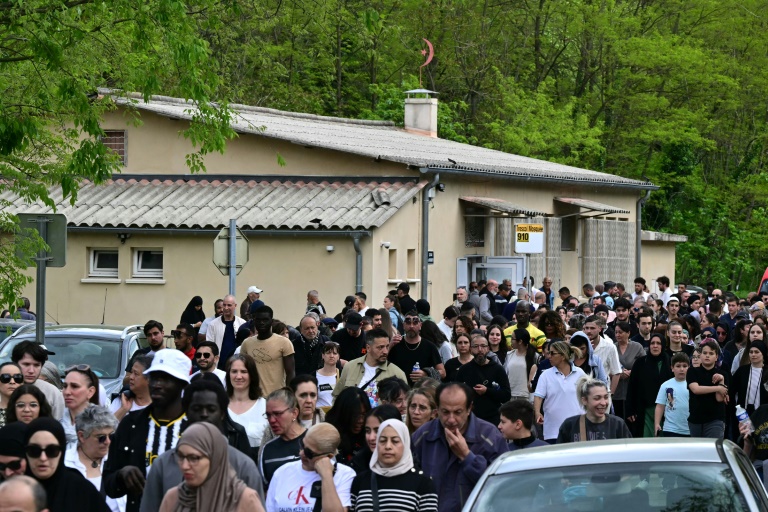Macron Denounces Religious Hatred Following Tragic Mosque Killing

In a powerful condemnation of violence, French President Emmanuel Macron strongly denounced racism and religious intolerance following a shocking stabbing incident at a mosque in southern France. Speaking out against the brutal attack, Macron emphasized that such acts of hatred have absolutely no place in a modern, inclusive society.
The president's remarks underscored the urgent need to combat prejudice and promote mutual respect among citizens, regardless of their religious background. By directly addressing the heinous crime, Macron sought to send a clear message that France stands united against discrimination and senseless violence targeting any community.
His swift and unequivocal response highlights the government's commitment to protecting religious freedoms and ensuring the safety of all citizens, while also calling for solidarity and understanding in the face of such tragic events.
